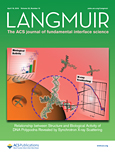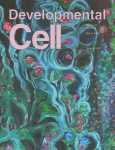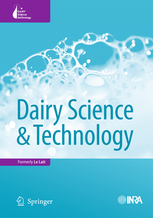 A paper at the center of a high-profile case of alleged misconduct in Hong Kong has earned a correction notice.
A paper at the center of a high-profile case of alleged misconduct in Hong Kong has earned a correction notice.
The correction replaces an expression of concern on the Journal of the American Chemical Society (JACS) paper, which followed allegations of data manipulation. It provides some un-cropped images, and removes a co-author from the paper. However, it does not appear to address previous allegations of misconduct, nor a recent ruling from an investigation at Hong Kong University (HKU), which found that some of the data were “invalid.”
Here is the correction notice for “Molecular Imaging of Peroxynitrite with HKGreen-4 in Live Cells and Tissues:”
Continue reading JACS corrects, removes author from previously flagged paper

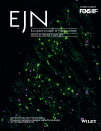


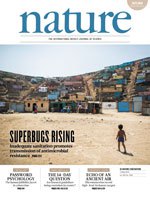 If you need evidence of the value of transparency in science, check out a pair of recent corrections in the structural biology literature.
If you need evidence of the value of transparency in science, check out a pair of recent corrections in the structural biology literature.
